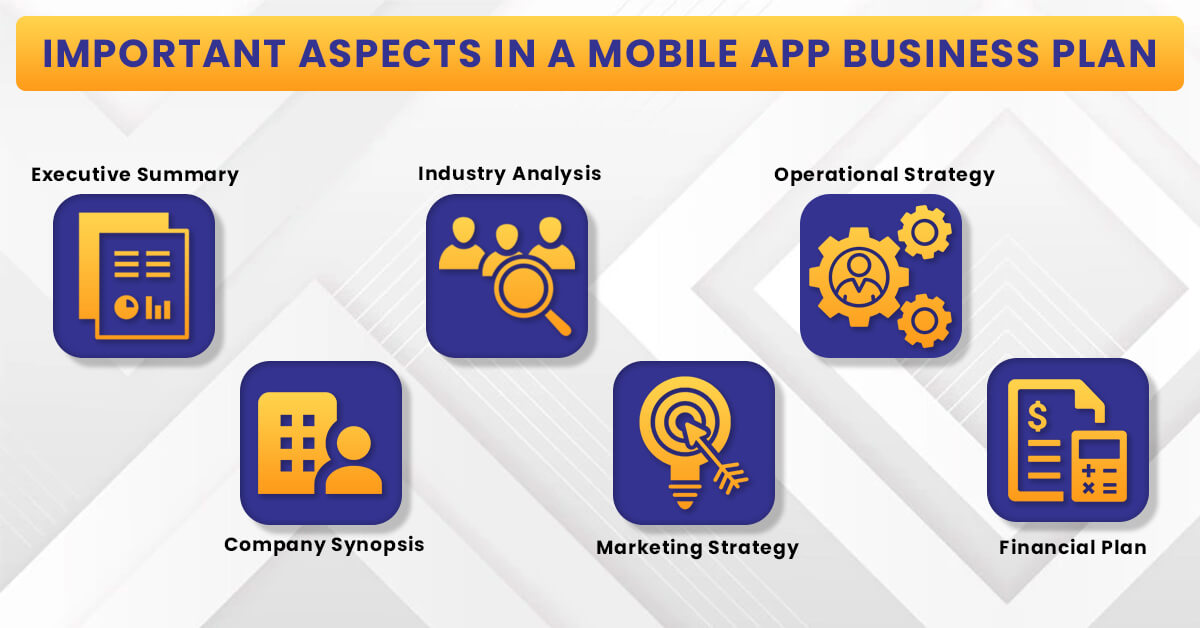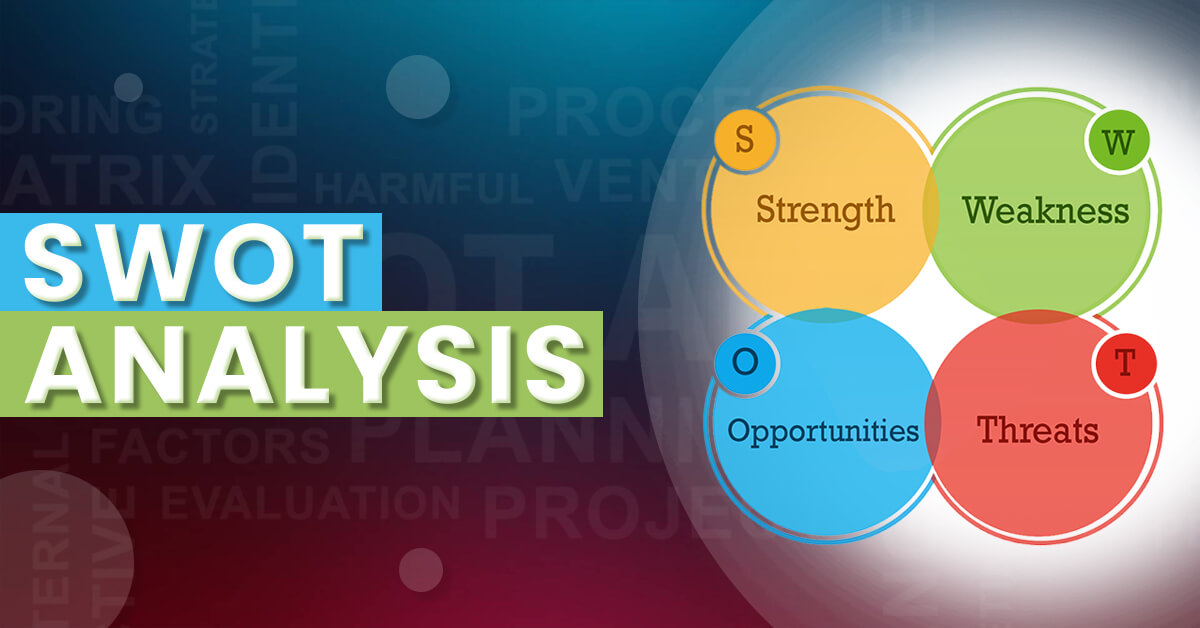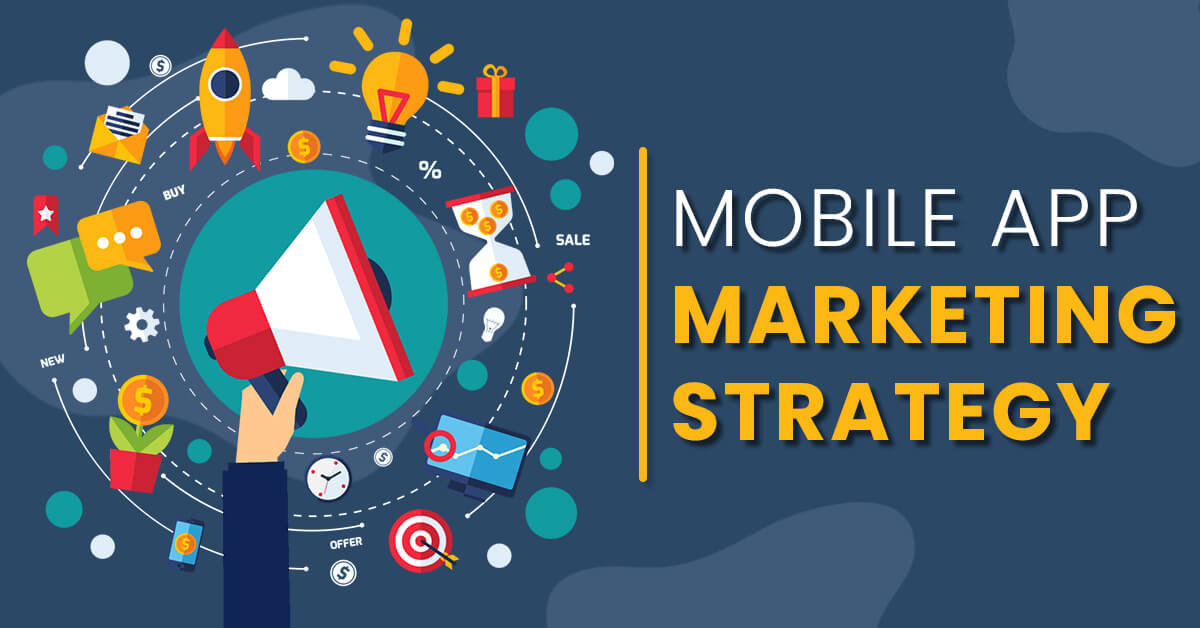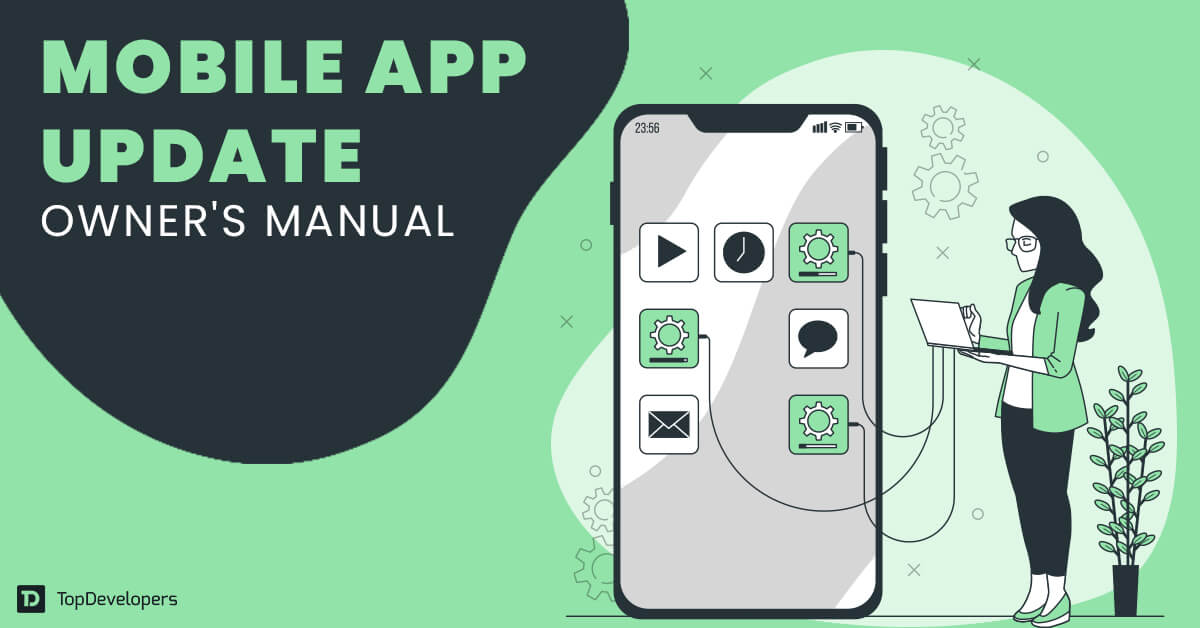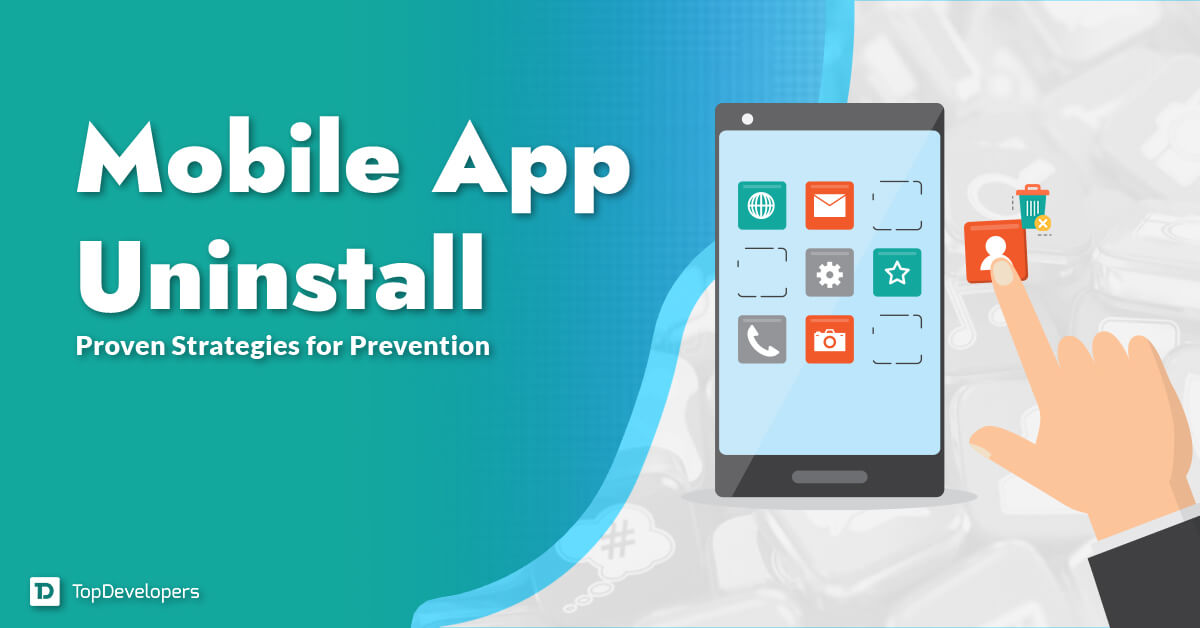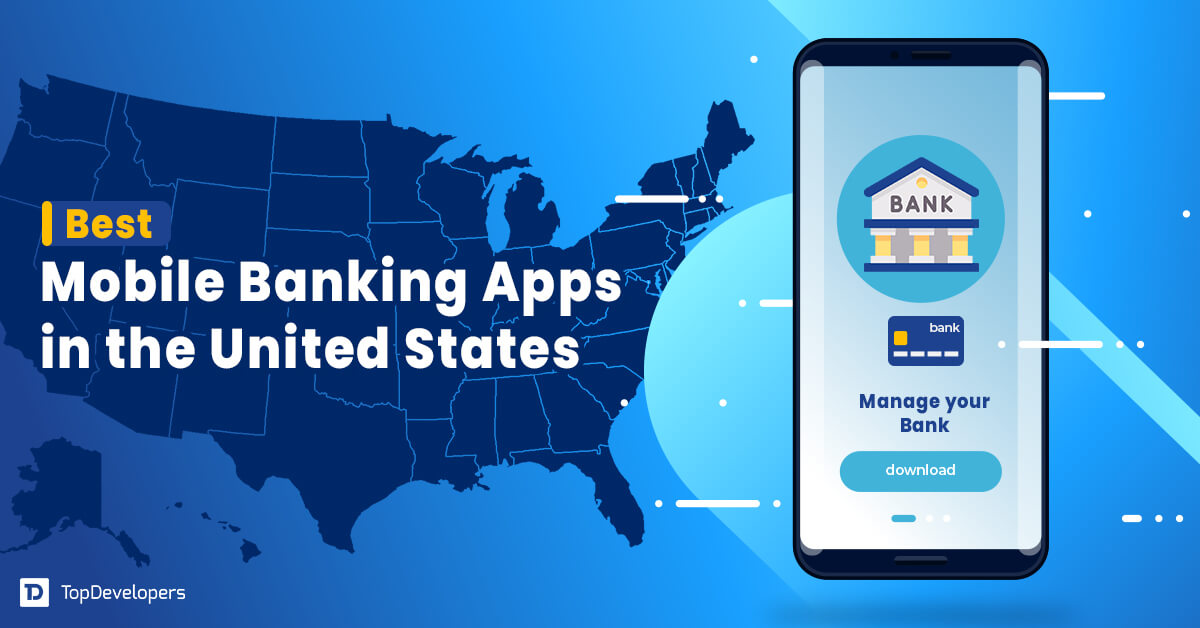
The search giant Statista quotes that in 2026, users are likely to download 143 billion mobile apps from the Google Play Store, and for the Apple Store, it is 38 billion. These figures show a remarkable growth between 15-30% from the previous years. Even further, during the third quarter of 2022, more than 3.55 million mobile apps were available on the Google Play Store.
Hence, it is not exaggerated to say businesses should have a foolproof mobile app business plan to find a permanent place on users’ mobile phones because the chances of user engagement and conversion are manifold.
At present, businesses are on the verge of getting completely automated, and any business that does not offer ease to its end users or customers to avail services or buy products are likely to get vanished. If you are an entrepreneur and aim to lead the market with your brand, it is indeed necessary to write specifications for mobile app development before you even think of outsourcing a project to top mobile app development companies.
Table of Contents
Importance of Mobile Apps for Businesses
There are many significant reasons why mobile apps are mandatory for any business; today, mobile apps are not just a trend, but a necessity for businesses in the modern world. They help businesses increase their sales, customer loyalty, brand awareness, accessibility, analytics, revenue generation, and customer service. Mobile apps can also serve as a powerful marketing tool that can reach and engage the target audience with personalized and timely messages.
Here are some reasons why mobile apps are mandatory for businesses today:
Improves accessibility
Mobile apps can improve accessibility by making the business available 24/7 to customers. They can also offer offline access, location-based services, push notifications, and other features that can improve the user experience and convenience.
Increases sales
Mobile apps can boost conversions by offering a fast and convenient way for customers to browse, compare, and purchase products or services. They also offer discounts, coupons, rewards, and other incentives to encourage repeat purchases and referrals.
Marketing tool
Customized mobile apps serve as a marketing tool that can promote the business’s products, services, offers, and events to the target audience. Mobile apps can also leverage social media platforms, email marketing, SMS marketing, and other such digital marketing services to increase the reach and impact of marketing campaigns.
Customer loyalty
Mobile apps foster customer loyalty by providing a direct and constant communication channel with customers. With it you can also offer features such as feedback forms, chatbots, social media integration, and loyalty programs that can help you to enhance customer satisfaction and retention.
Brand awareness
A good mobile application increases brand awareness by creating a unique and memorable identity for the business. You can turn an app idea into reality and portray your business’s values, vision, mission, and personality through design, content, and functionality.
Better analytics
Enterprises, especially startups, primarily focus on analytics as they largely depend on this data to build other business strategies. Thoughtfully built mobile apps can provide better analytics by collecting and analyzing data on user behavior, preferences, feedback, and satisfaction. You can also get better insights into market trends, customer segments, and competitors that can help you improve your business strategies and performance to increase profit and get the best Return on Investment.
Better customer service
Mobile apps can offer better customer service by providing instant and personalized support to customers. It can also offer features such as FAQs, tutorials, videos, chatbots, and call options that can resolve customer queries and issues to increase User Experience (UX).
Having a mobile app is important for businesses today as it can provide many benefits that help them to grow and succeed in the competitive market. With mobile applications, business owners can attract, retain, and delight their customers with a seamless and engaging user experience.
How To Write a Business Plan For a Mobile App?
Executive summary
A concise and clear part about how your product works is an executive summary. Whether you are a CEO of an upcoming big startup or a small business owner, expressing your product should be translucent. The three things to keep in mind while writing an executive summary for your mobile application are:
Unique value proposition
A Unique Value Proposition or a Unique Selling Proposition (USP) is a section that expresses your mobile app business idea’s uniqueness and distinct selling points about the product or services that you offer.
This is the list of things you will need to incorporate:
- Identify your ideal customer
- List your product’s benefits, value, and how it stands out
- Focus on clarity and specificity
- Test and optimize your UVP and USP
Objectives
Objectives are the specific steps you and your business organization need to take in order to reach long-term goals. It includes what the business aims to achieve and the overall ideals of the organization. These objectives are based on your analysis for mobile applications.
It mainly focuses on your end goals and the timeline to achieve your goals. These objectives improve customer services, enhance worker productivity, increase profits, and attract investors to your business plan for mobile app development.
Outline
This part is a brief outline of the business organization’s goals and purpose for the app development business plan. A good outline includes
- Brief description of products and summary
- Summary of objectives
- Solid description of market
- High-level justification for viability
- Snapshot of growth potential
- Overview of funding requirements
Company synopsis
It is a shortened version that gives the basics of your business plan for a mobile app idea. It attracts financial lenders and inventors to bring in new capital. The pro tip is to include only-need-to-know information by keeping it brief and punchy.
Here are the foundational elements you will need to include in your business description:
Overview
The overview is like an introduction to your business. It comprehends the official company name, business entity, year of establishment, headquarters, and other locations if any.
Type of business
Whether it is a limited liability company(LLC), sole proprietorship, corporation, or partnership, this part includes the business structure of your enterprise. Entrepreneurs should carefully consider mentioning the type of business in the company overview.
Mission
The facts and concrete details about your business are essential for the readers of your company synopsis, but it is also important to share a glimpse of your mission and future goals. This section provides clarity behind what, who, and why of your company. The best mission statement typically is a succinct single but catchy line.
Statement of Concept
This is the part where you convert your words into reality. Readers by now know who you are and what you do but this acts as a guide and a persuasive tool in decision making. It simply identifies the target audience, defines the problem, and implies how your mobile app will address the problem.
History
Tell your story. A part of what makes your business plan for mobile application development unique from other businesses and organizations is your story and your experiences. Try to add interesting details and characteristic patterns of where your company comes from, how it came into existence and how you think, feel, and work.
You can list your achievements and milestones through a diagram or a chart so that readers can track your mobile app’s entire journey feasibly. If it’s not a startup, this is the space where you can also talk about the evolution of your mobile app business plan, how it was when it was first launched, how it has grown and changed over the years.
Team
Share the names, photos, and key roles of the ownership and management team of your company. Whether they are remote workers, full-time, part-time employees, app development team, or advisory board members, stakeholders, mention details of their work history, educational background, and skills.
The importance of this section is often understated but giving the details about all the people involved within the company is vital. The readers will be intrigued about your app development team and investors will want to know more about them. Adding a section of your advisory panel and board members who are extremely experienced can be a center of attraction.
Industry Analysis
This section involves a lot of research-based information about your business, rivals, sales, and the overall market. As an entrepreneur, it is vital to collect every grain of information regarding your mobile app business idea from market history to current trends. There are a lot of business factors to consider before launching a mobile app.
The overall information about the market can hugely impact business statistics. This part includes two main segments market analysis and market forecast:
Market analysis
One of the main factors in realizing your mobile application development idea for your business should be data about the state of the market. Collect current information, make short-term forecasts, and have a marketing plan. Market analysis hugely impacts the viability of your mobile app business plan.
Market forecasts
This is an integral part of writing a business plan to realize your mobile app development. Usually, the data on the growth in the number of companies in the mobile app development industry and data on the money spent is incorporated in market forecasts.
SWOT analysis
SWOT analysis is method of strategic planning that allows you to give a well-structured description of where you stand in the market. It can be used to study new projects, enterprises, regions or even entire countries linked with your mobile app. SWOT analysis is a decisive factor in understanding businesses and plays a huge role in customer satisfaction. Here are the details on what exactly SWOT analysis stands for;
- Strengths
The positive tangible and intangible attributes within the business organizations’ control are mentioned in this part.
- Weaknesses
All businesses have their individual weaknesses and it is quite normal. The knowledge of potential problems acts as a strong motivator to address solutions to its significant weaknesses.
- Opportunities
The externally attractive factors that represent the reason for an organization to exist and develop are opportunities. List out the opportunities that exist in an environment propelling the organization.
- Threats
The external factors beyond your organization’s control and can act as an operational risk to your mission should be considered beforehand. Having contingency and backup plans can be a big help to address the threats that may or may not occur.
Marketing Strategy
This section is the bridge that strategically allows your mobile app business plan to fall into the hands of your customers. It helps you outline exactly where your business plan for developing an app fits into the market and how will you price, promote, and sell your mobile app.
The correct marketing strategy gets you more sales and acts as an important source of information for potential investors interested in analyzing your mobile app business plan.
Target audience
You need to pick your target audience and understand them thoroughly before developing a mobile app. For any experienced mobile app developer, knowing the target audience is a critical point. It gives them a chance to figure out the structural behavior of your mobile app.
Eventually, knowing your audience and targeting just them helps save a lot of money and time for app marketing. Market segmentation strategies also play a huge role in targeting app customers.
Landing page
A landing page is an excellent way to reach out to your target audience. For this, you will need to develop an engaging mockup and provide your collaborators with data on how many customers will discover your product from this landing page.
A mobile app landing page is specifically made for promoting your mobile app concept by describing features and value propositions. A landing page entices users to click on the link, download and install your app.
App rating and review
Mobile app rating is just one of the approaches to position your app for success, but it’s a critical one. Hence, including it in your mobile app business plan is necessary. Nowadays, user often rely on app ratings and reviews to decide whether they should download the mobile app or not. Google is coming up with a new rating formula that rates apps in the Play Store based on their current performance.
Research shows that almost 79% of people will read reviews and ratings before installing an app. So, it is also an important user acquisition factor. Furthermore, you can leverage app reviews to accelerate app growth.
Competitor analysis
Competitor analysis is an indispensable element of any business plan. All businesses religiously perform this step, regardless of the organization type, size, or industry.
Define your competitors, study their weaknesses, brainstorm them into your strengths, learn from them and be aware of their history and capabilities. Make sure, mobile app that you build offers an ample amount of functionalities and is able to cater to customers better than your rivals.
App growth
As Gillian Morris states, if you invest in growth before you have customer retention, you are not acquiring mobile app users. You are renting them. You need to focus on activation first and not acquisition.
Your success will be measured by conversion rates or the number of installations and not financial rates, especially in the beginning stages. Mobile app growth can be fueled by referral programs and collaboration with business organizations.
Customer acquisition strategy
The most effective way to promote a product, especially a mobile app concept is through social media. It is simply a marketing phase where you can convey the details and strategies of how you plan to attract new users.
By targeting multiple platforms and spreading the word, you will be bringing your mobile app closer to the intended users. Some of the many marketing channels you can aim to achieve a perfect business plan for monetizing your mobile app after development are:
- Search engine marketing
- Social media ads
- Mobile app walls ads
- Email marketing
- Press releases
- Content marketing
- App store optimization
- Push and in-app notifications
- Incentivized user downloads
- Organic installs
- Public relations
- Event marketing
- Retargeting campaigns
- Partnerships
- Mobile site redirection
Operational strategy
Operational strategy is a total pattern of decisions that shape long-term capabilities of a mobile app and its contributions to the overall strategy. This is the part that drives the business’ operations. It is a strategy for customer relations that also allocates funding to the business. By planning this, a business can examine and implement effective systems for using resources, personnel, and work processes.
Here are the two steps you will need to encounter:
Users process
Since the users first hear about the mobile app and start using it, the user process is a detailed outline of how users are using the mobile app. It involves information about users’ behavior from start to end.
Personnel plan
The personnel plan incorporates all the information about the employees and people working on the project. The process of hiring the employees, their salaries, and expenses are included in this section. The hierarchy of the organization, norms, and stages are outlined in this section.
Financial Plan for Mobile Application
The final step in planning a successful mobile app development for your business is you need to predict the expected revenues and finances of your mobile app. Before moving forward, you must clearly understand the type of finances you are going to need.
Required funding
This is the part where you reveal all information related to funding and finances for your mobile app business plan.
Here are the questions you will need to address:
- How much finance or funds do you require?
- How are you going to make money?
- How much percentage of equity are you proposing to give in return?
- How long will the money be sufficient before you need to propose another funding round?
- How is it going to be, preferred stock or a convertible note?
Costs
The two things investors will be most interested in will be the costs and the variables. The cost to develop a mobile app varies depending on app features, app developers’ rates, and the complexity of the application. For a precise estimate, you may request the top mobile app development company for a quote. Some costs are fixed while some are not, here are a few costs you will need to take into consideration:
- One-time costs
- Periodic costs
- Fixed costs
- Variable costs
Revenue models
Revenue models are strategies and resources for managing and promoting a business’ revenue stream. It took 8 years for Facebook and over 3 years for Snapchat to introduce monetization models. But if you do it right, you can achieve amazing results. One of the best examples is Amazon Prime, with analysts pegged Prime’s yearly user retention rate at over 90%.
While planning for mobile app monetization, it is important to monitor the marketing metrics and benchmark them against the industry. This will help you spot weaknesses and align your marketing efforts more efficiently with MVP development.
Revenue models can turn out to be successful with continuous testing and iteration Among a lot of revenue models to earn money via mobile app, we have penned down the most popular and efficient ones here:
- In-App Purchase
- In-App Advertising
- Subscription-Based Model
- Freemium Model
- Premium Subscriptions
- Sponsorship and Partnership
- Affiliate Marketing
- Referral Marketing
- Data Monetization
- Pay Per Download
Summing up
The average time spent by mobile users on their smartphones is 170 minutes per day. Out of that, apps account for 89% of mobile media time versus around 13% on the web. This is just the data, reality is right in front of us, right in front of you on your screen at the very moment. So, if you have a mobile app business idea, don’t hesitate to make a wonderful plan and create a groundbreaking mobile app because it will grow significantly. Last but not least, plan for what is difficult while it is easy, and do what is great while it is small.
Frequently Asked Questions about Mobile App Business Plan
What is a business plan for a mobile app?
The business plan for a mobile app is detailed documentation that acts as a guide for all the business stakeholders involved in the development project. it enables them to know how to build and launch the app profitably.
How long does it take to write a business plan for an app?
Business plan creation for the app involves identifying USP, target user and competition research and analysis, and the right marketing channels search, which takes around 1-3 months based on the app’s complexity.
Is it possible to create an application without a business plan?
Yes, it’s possible to create an app without a business plan, but an app released in an unplanned way ultimately fails at a later stage even if it’s able to gain enough traction. Having a business plan helps you move in the right direction.
 Gillian Harper
| May 10, 2023
Gillian Harper
| May 10, 2023
A professionally engaged blogger, an entertainer, dancer, tech critic, movie buff and a quick learner with an impressive personality! I work as a Senior Process Specialist at Topdevelopers.co as I can readily solve business problems by analyzing the overall process. I’m also good at building a better rapport with people!
